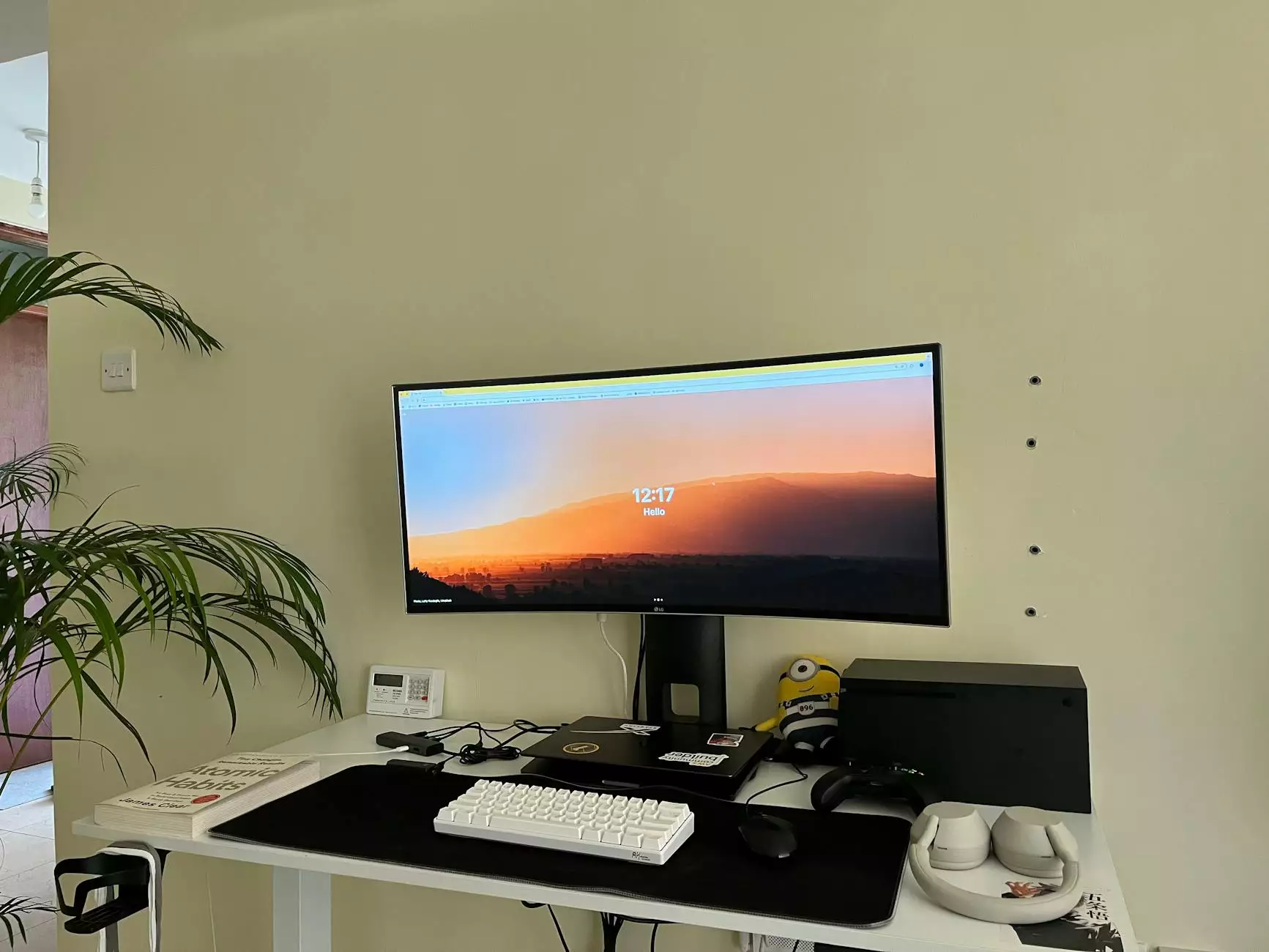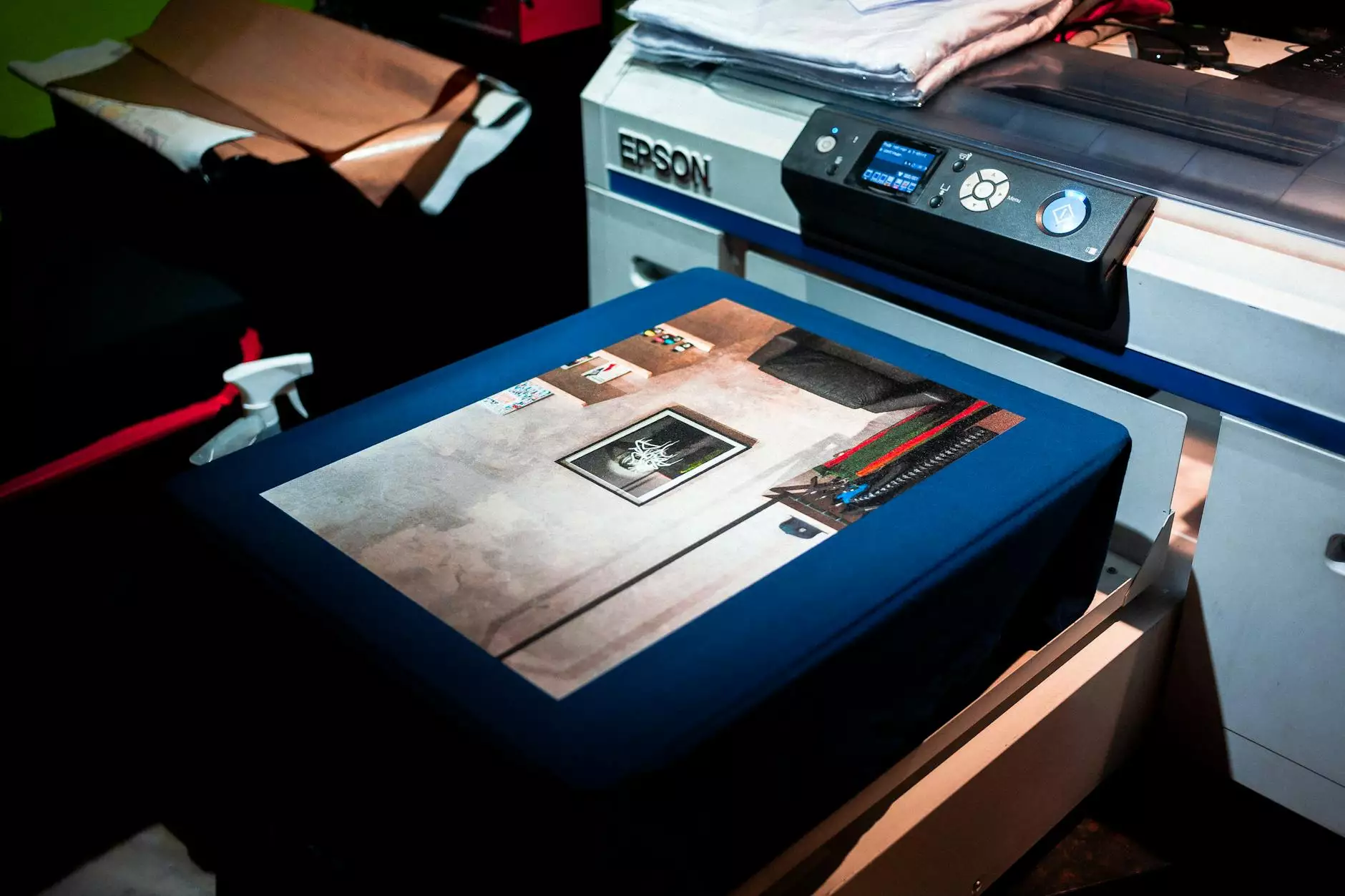Prop Trade Tech: Revolutionizing Financial Services

Prop trade tech is quickly becoming the backbone of modern trading strategies, particularly within the realm of proprietary trading. As the financial services industry evolves, understanding the implications of this technology is crucial for traders, investors, and financial institutions alike. In this comprehensive article, we will dive into the nuances of prop trade tech, exploring its benefits, technology, and how it’s shaping the future of trading.
What is Prop Trade Tech?
At its core, prop trade tech refers to the suite of technological tools and systems used by proprietary trading firms to facilitate and enhance their trading activities. These technologies range from algorithmic trading platforms to real-time data analytics and risk management systems.
- Algorithmic Trading: Automation of trading decisions based on predefined criteria.
- Risk Management Tools: Systems designed to assess and mitigate financial risks.
- Data Analytics: Techniques that help in analyzing market data to predict trends and inform strategies.
The objective of prop trade tech is to unlock high-frequency trading opportunities, manage risk efficiently, and optimize trading strategies. As financial markets become increasingly volatile and competitive, the demand for sophisticated trading technologies has surged.
Benefits of Prop Trade Tech
Investing in prop trade tech offers numerous benefits that can significantly enhance a trading firm's operations:
Enhanced Trading Efficiency
One of the primary advantages of utilizing prop trade tech is improved efficiency. Automated trading systems can execute orders at lightning speed, far surpassing human capabilities. This rapid execution is crucial in capitalizing on market opportunities that may only last for milliseconds.
Informed Decision Making
With real-time access to vast amounts of market data, traders can make informed decisions swiftly. Prop trade tech employs sophisticated data analytics techniques to identify patterns and trends that would not be apparent through manual analysis.
Risk Mitigation
Effective risk management is essential in trading. Prop trade tech provides advanced algorithms that analyze potential risks in real-time, allowing traders to hedge against market fluctuations more effectively. This technology helps in preserving capital by minimizing losses.
Cost Efficiency
Though the initial investment in prop trade tech can be significant, the long-term savings often outweigh the costs. By employing automated systems, firms can reduce the need for large trading desks and personnel, leading to improved operational efficiency.
Components of Prop Trade Tech
Understanding the key components of prop trade tech can help firms choose the right tools and strategies for their trading activities:
1. Trading Platforms
Modern trading platforms are the foundation of prop trade tech. They allow traders to execute orders, monitor market activity, and access analytical tools. Features to consider when choosing a platform include:
- User interface design and usability.
- Availability of technical analysis tools.
- Integration capabilities with other software.
2. Algorithms and Strategies
Algorithmic trading strategies can automate trading decisions based on mathematical models. Traders can create custom algorithms to fit specific market conditions, which can lead to improved performance when executed correctly.
3. Data Feeds and APIs
Access to real-time market data is crucial for timely trading decisions. Prop trading firms often rely on high-speed data feeds and APIs from exchanges to stay competitive. High-frequency traders benefit enormously from low-latency data transmission, which is essential for executing trades quickly.
4. Backtesting Tools
Before implementing a trading strategy, firms can use backtesting tools to simulate how their strategies would have performed in the past. This process helps in refining algorithms and gaining confidence before deploying them in live markets.
The Role of AI and Machine Learning in Prop Trade Tech
The integration of artificial intelligence (AI) and machine learning (ML) into prop trade tech is transforming the landscape of trading. These technologies enable systems to learn from historical data, identify patterns, and make predictions about future market movements.
Predictive Analytics
By analyzing historical price movements, AI and ML can assist in creating predictive models that forecast future prices or market trends. These insights can greatly enhance a trader’s ability to make profitable decisions.
Sentiment Analysis
AI technologies can analyze news articles, social media sentiment, and market reports to gauge overall market sentiment. Understanding public sentiment towards a stock or asset class can provide traders with valuable insights that traditional analysis may overlook.
Automated Trading Systems
AI-driven automated trading systems are capable of adjusting their trading strategies in real-time based on incoming data. This adaptability can lead to better performance, particularly in rapidly changing market environments where human traders may struggle to keep up.
Challenges in Implementing Prop Trade Tech
While the benefits of prop trade tech are significant, firms may encounter several challenges when implementing these technologies:
High Initial Costs
The cost of setting up advanced trading systems, hiring skilled personnel, and obtaining necessary licenses can be substantial. Smaller firms may struggle to allocate sufficient resources to adopt state-of-the-art technologies.
Complexity and Integration
Integrating new technologies with existing systems can pose significant challenges. Firms must ensure compatibility and seamless operation between different software and hardware components, which can require dedicated IT resources.
Regulatory Concerns
With the increasing adoption of technology in trading, regulatory scrutiny is also rising. Firms must navigate various regulations and ensure compliance, which can be an added burden when implementing new tech solutions.
The Future of Prop Trade Tech
The landscape of prop trade tech is continuously evolving, driven by advancements in technology and shifting market dynamics. Here are some trends that are likely to shape the future of proprietary trading:
1. Increased Regulation
As technology becomes more entrenched in trading, governments and regulatory bodies are likely to impose stricter regulations to ensure market integrity and protect investors. Adapting to these regulations will be essential for firms leveraging advanced technologies.
2. Rise of Decentralized Trading
The emergence of blockchain and decentralized finance (DeFi) may shift the paradigm of traditional trading infrastructures. Prop trading firms may need to adapt to this new landscape by integrating blockchain technologies into their trading strategies.
3. Advancements in Data Analytics
As computational power and data storage capabilities improve, the scope of data analytics will expand. Enhanced analytics tools may provide deeper insights, enabling more informed trading strategies.
4. Focus on Ethical Trading
There is a growing emphasis on ethical trading practices among many investors. Firms will need to incorporate ethical considerations into their trading strategies and operations to attract a more socially conscious investor base.
Conclusion
In conclusion, prop trade tech is a game-changer in the financial services industry. By harnessing the power of advanced technologies, proprietary trading firms can enhance their trading performance, mitigate risks, and stay ahead of the competition. While challenges do exist, the future of trading looks promising with the continued integration of emerging technologies such as AI, machine learning, and blockchain.${0} The key to success lies in strategically implementing these technologies while remaining compliant with regulatory guidelines.
As the financial landscape continues to evolve, embracing prop trade tech will be essential for firms looking to thrive in a fast-paced market. Investing in this technology is not just an option; it is becoming a necessity for those aiming for sustained success in the world of trading.









